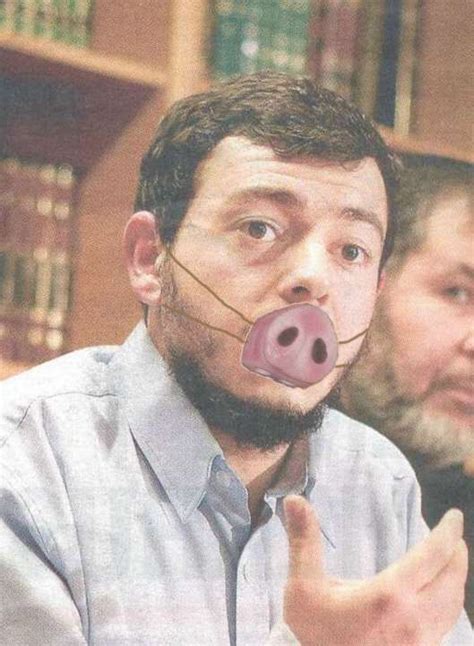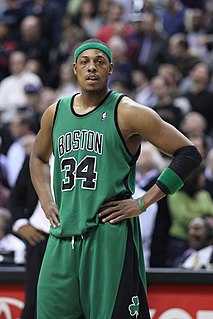A Quote by Rafael Nadal
It's more a tennis problem than a mental problem. The transition is difficult. It depends how much time you have. Playing on grass can sometimes be a bit of a lottery.
Related Quotes
For sure, with golf it's not a physically demanding sport like tennis. That's what makes tennis great - you combine both things. It's a very mental sport and at the same time can be dramatically physical. But I do admire the mentality of sport more than the physicality because physical performance is much easier to practice than mental performance.
...methods are more important than facts. The educational value of a problem given to a student depends mostly on how often the thought processes that are invoked to solve it will be helpful in later situations. It has little to do with how useful the answer to the problem may be. On the other hand, a good problem must also motivate the students; they should be interested in seeing the answer. Since students differ so greatly, I cannot expect everyone to like the problems that please me.
We have a problem with several media taking only a part of the reality and not the whole picture. Some media in the world are more critical towards what's happening than others. It depends on the journalist, it depends how much information they have about the case and which perspective they are asking you from. All of these things can play a role.
I have a hard time writing. Most writers have a hard time writing. I have a harder time than most because I'm lazier than most. [...] The other problem I have is fear of writing. The act of writing puts you in confrontation with yourself, which is why I think writers assiduously avoid writing. [...] Not writing is more of a psychological problem than a writing problem. All the time I'm not writing I feel like a criminal. [...] It's horrible to feel felonious every second of the day. Especially when it goes on for years. It's much more relaxing actually to work.
Listening is more than being quiet. Listening is much more than silence. Listening requires undivided attention. The time to listen is when someone needs to be heard. The time to deal with a person with a problem is when he has the problem. The time to listen is the time when our interest and love are vital to the one who seeks our ear, our heart, our help, and our empathy.
Cities are never random. No matter how chaotic they might seem, everything about them grows out of a need to solve a problem. In fact, a city is nothing more than a solution to a problem, that in turn creates more problems that need more solutions, until towers rise, roads widen, bridges are built, and millions of people are caught up in a mad race to feed the problem-solving, problem-creating frenzy.
Sometimes I'm drawing onto a computer directly, sometimes I'm drawing on paper , so I can't really talk about drafts. It's just like having soft clay until it hardens. At least as much of the problem has to do with the decisions of what to represent, how to represent that, and how to reduce it down. The words in the balloons aren't particularly poetic necessarily, but it has the same problem as poetry, which is that one has to do great reduction. And if I tried to draw everything, you'd just have a tangled mess of a picture. The stripping down takes much longer than building up.
Sometimes clients have a sophisticated view of their design problem, sometimes they do not. I often spend time with the client redefining the problem, going back to the beginning. Often the problem is just a symptom. Sometimes you have to move back in order to move forward to understand what the nature of the solution should be.




































